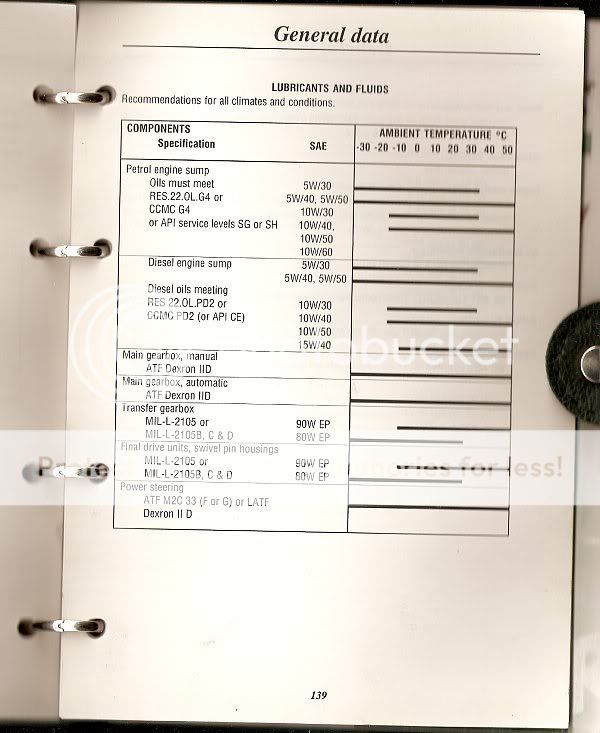woods767
Well-Known Member
- Posts
- 1,262
What oil am i best to put in my 200tdi for the extreem cold, I was thinking 10W 40 as I can still run it here on this oil. Will be at tampritures of -25 celcius, possibly even down to -30. 
I have also heard 5W 30 used in the cold, but would it be too warm here too operate on it? I am driving from here to northern Norway, I dont realy want to have to change the oil half way through the trip, and again on the return.
Rich.
I have also heard 5W 30 used in the cold, but would it be too warm here too operate on it? I am driving from here to northern Norway, I dont realy want to have to change the oil half way through the trip, and again on the return.
Rich.

